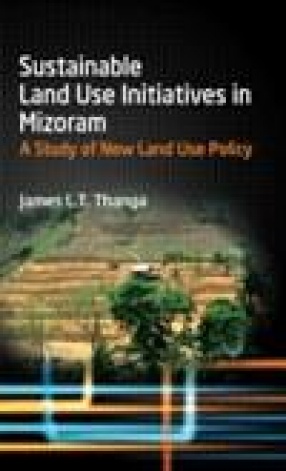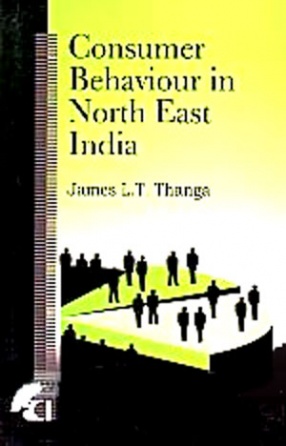Sustainable Lan Use Initiatives in Mizoram: A Study of New Land Use Policy
Mizoram, one of the hill states of India, is an agrarian economy where majority of the population practice shifting or jhum cultivation since the time of their forefathers. With the changing requirements of the growing population, jhum cultivation became devastating in nature, causing drastic decline in crop yield, loss of forest wealth, soil fertility, and biodiversity. It also causes environmental degradation. The need to develop alternative and sustainable form of land utilisation that could replace shifting cultivation was felt by the elites since the 1950s.
With the installation of a democratic system of administration in the state after Independence, different governments have shown earnest attempts to wean away the unsustainable practice of shifting cultivation by introducing more sustainable systems of land utilisation and alternative livelihood activities. The major initiatives introduced were Garden Colony, New Land Use Policy, Jhum Control Project, and Mizoram Intodelhna Project. Of these initiatives, the New Land Use Policy occupies a unique place because it had been implemented three times by the same party under the same leadership, while the coverage and expenditures were also significantly larger than the other projects.
The various land use initiatives were successful in many respects in achieving their main objectives. However, the practice of shifting cultivation persists even today. Therefore, it is necessary to examine the various dimensions of these policies, their areas of achievements, and also the areas where they had failed. This book is a study of the several initiatives of the Government of Mizoram that aimed at the emergence of sustainable land use practices, with greater emphasis given to the case of NLUP.
Get it now and save 10%
BECOME A MEMBER








Bibliographic information